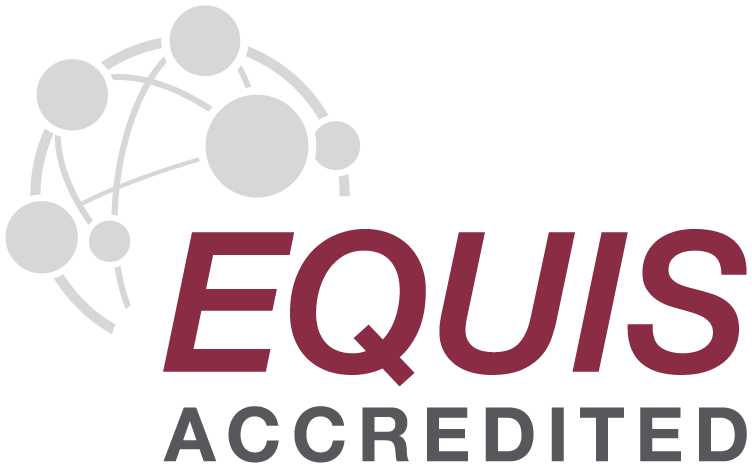- Main menu
- Department
-
Courses
-
Home Courses
- Bachelor’s degrees
-
Master's degrees
(Lauree Magistrali)- Master’s degree in Accounting, Finance and Business Consulting (MAFiB)
- Master’s degree in Applied Economics (MAE)
- Master’s degree in Management for Sustainable Firms (MASFi)
- Discontinued Courses
- Contattaci / Contact us
- Professional Master's degrees
- PhD Programme
- Single Course Units
- Tutoring Courses
- Active Learning
-
Home Courses
-
Research
-
Home Research
- Research Overview
- Faculty & Publications
- PhD Programme
- Funded Projects
- LEM - Laboratory of Economics and Management
- Seminars
- Labs
- Working Papers
- Conferences and Workshops
- dSEA Research Videos
- Marco Fanno Prize
- Databases
- Career Upgrading & Relevant Documents
- dSEA three-year research plan (PTSR)
- Spotlight on Research
- Research Areas
-
Home Research
-
Services
-
Home Student Services
- Teaching Office
- Orientation Service
- Stage & Placement
- International Mobility Service
- Tutoring Service
- International Desk (Degree Seekers)
- Study Spaces
- Software available
- Virtual Laboratory VLEM
-
Home Student Services
- Business and networking
- Research areas management

Curriculum in Management
PhD students in the Management-track are exposed to a series of foundational courses covering a broad array of research areas of interest to many researchers within the Department. Faculty offer cutting edge scholarly works in these domains – for example: corporate governance, corporate social responsibility, financial accounting in banking industry, digital innovation and strategy, economics of criminal organizations; environmental and social innovation, networks and clusters, operational excellence and competitiveness, non-financial disclosure and corporate finance.
The program is designed to offer sound theoretical and empirical training, and relies on a wide variety of research methods and epistemological approaches.
The first two terms (October – November; November – December) provide PhD students a strong base of qualitative and quantitative research methods and tools. At the same time, students have the opportunity to broaden their theoretical knowledge in the fields of organizational theories, financial accounting and strategic management.
At the end of the second term students are required to choose among two sub-curricula: 1. Strategy, Innovation and Organization Theory, or 2. Accounting & Finance. According to their choice, during the third term (February-March), students will be introduced to specialized courses on frontier research areas, such as knowledge management and network analysis or advanced topics in accounting and finance.
Since 2018, the Department offers a series of Short Courses on Research Methods co-organized with the Consortium for the Advancement of Research Methods and Analysis (CARMA), a leading international group of scholars running the Research Methods Division at the Academy of Management.
→ Courses







